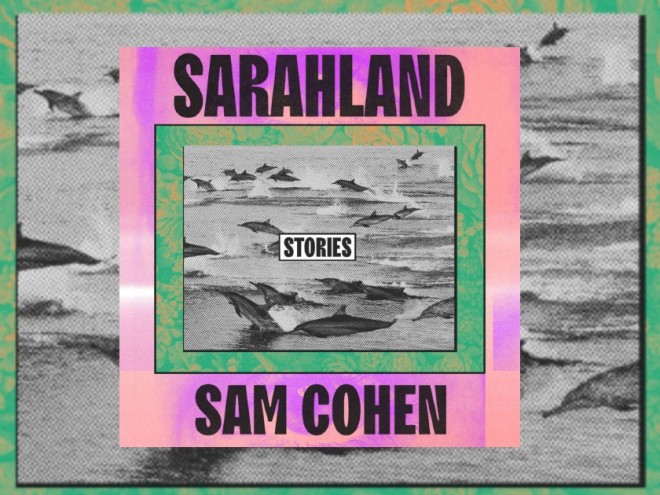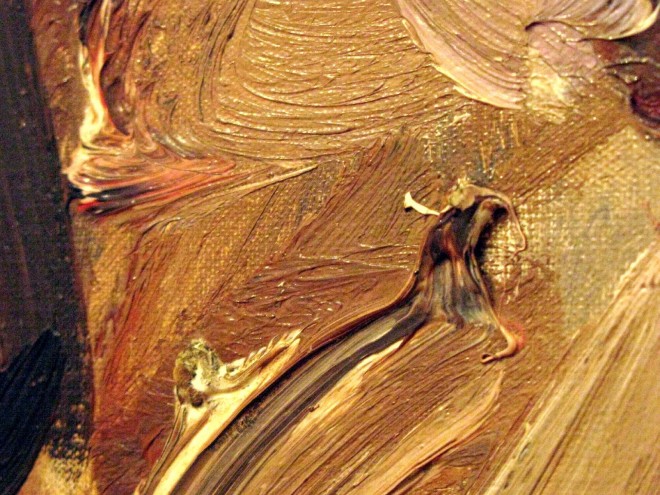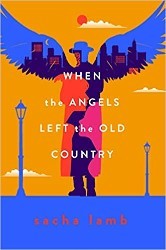Sam Cohen’s extraordinary debut collection of short stories begins in a women’s dorm where all of the residents are Jewish — many named Sarah — and “the boys are everywhere, out in the open, an infestation. Like cockroaches, they’re mostly visible at night.” Cohen’s language and her arresting use of simile show her power as a writer, but it is Cohen’s uncontained, vivid imagination that makes Sarahland unusual.
The conceit that holds Sarahland together is that Sarah is the name of all the main characters, and through naming a thematic whole emerges. Cohen wildly diverges from the expected and the ordinary. Sarahland is at once provocative, heartbreaking, funny, and fantastical. It may cohere around a literary conceit, but as a collection it maps new terrain and hails an extraordinary voice in Jewish and queer literature.
The first three stories, “Sarahland,” “Naked Furniture,” and “Exorcism, or Eating my Twin,” engage in more realistic representations of the lives of young adult Jewish women. In these stories, Cohen demonstrates her power as a writer, and as a creator of imaginative spaces.
In “Dream Palace,” Sarahland turns to the fantastical. The Sarah in this story encounters her elementary school bully in a dream palace that blends suburban mall and superstore landscapes. Then, before a reader can right oneself and potentially return to the ordinary, Cohen drops two midrashic stories, “The First Sarah” and “Gossip.” “The First Sarah” retells the story of Abraham and Sarai, replete with the changing of the name to Sarah, through a queer, trans lens that is incredibley well wrought. “Gossip” revisits the story of Adam and Eve, with another compelling queer twist.
Separating these two midrash is the spectacular “Gemstones.” Protagonists Ry and Jamie discover “The Sarah Machine,” which allows them to embody famous Sarahs — Sarah Paulson, Sarah Schulman, Sarah Silverman, and more. Set at a carnival, this story is a wild ride with delightful queer takes on popular culture. By this point in Sarahland, the automaton, suburban Sarahs have broken the script. They are now subversive and powerful, narrating new, urgent stories.
Cohen drops “Becoming Trees” near the end of the collection, a short story with the power to alter a reader. An aging lesbian couple, Jan and Sarah, decide they do not want to become a man or a woman, rather they want to become trees in the midst of the eco-apocalypse. The story of their transformation is heartfelt and arresting. When they are finally rooted in the ground as trees, they realize, “the mushrooms around us are whispering…we hear that Mother Earth is dying, and that we are all working together to figure out how to revive her….” On par with Charlotte Perkins Gilman’s “The Yellow Wallpaper,” a short story from the early twentieth century, “Becoming Trees” is the parable for our time.
Sarahland is a book to read and savor; Sam Cohen, a name to watch.
Julie R. Enszer is the author of four poetry collections, including Avowed, and the editor of OutWrite: The Speeches that Shaped LGBTQ Literary Culture, Fire-Rimmed Eden: Selected Poems by Lynn Lonidier, The Complete Works of Pat Parker, and Sister Love: The Letters of Audre Lorde and Pat Parker 1974 – 1989. Enszer edits and publishes Sinister Wisdom, a multicultural lesbian literary and art journal. You can read more of her work at www.JulieREnszer.com.




